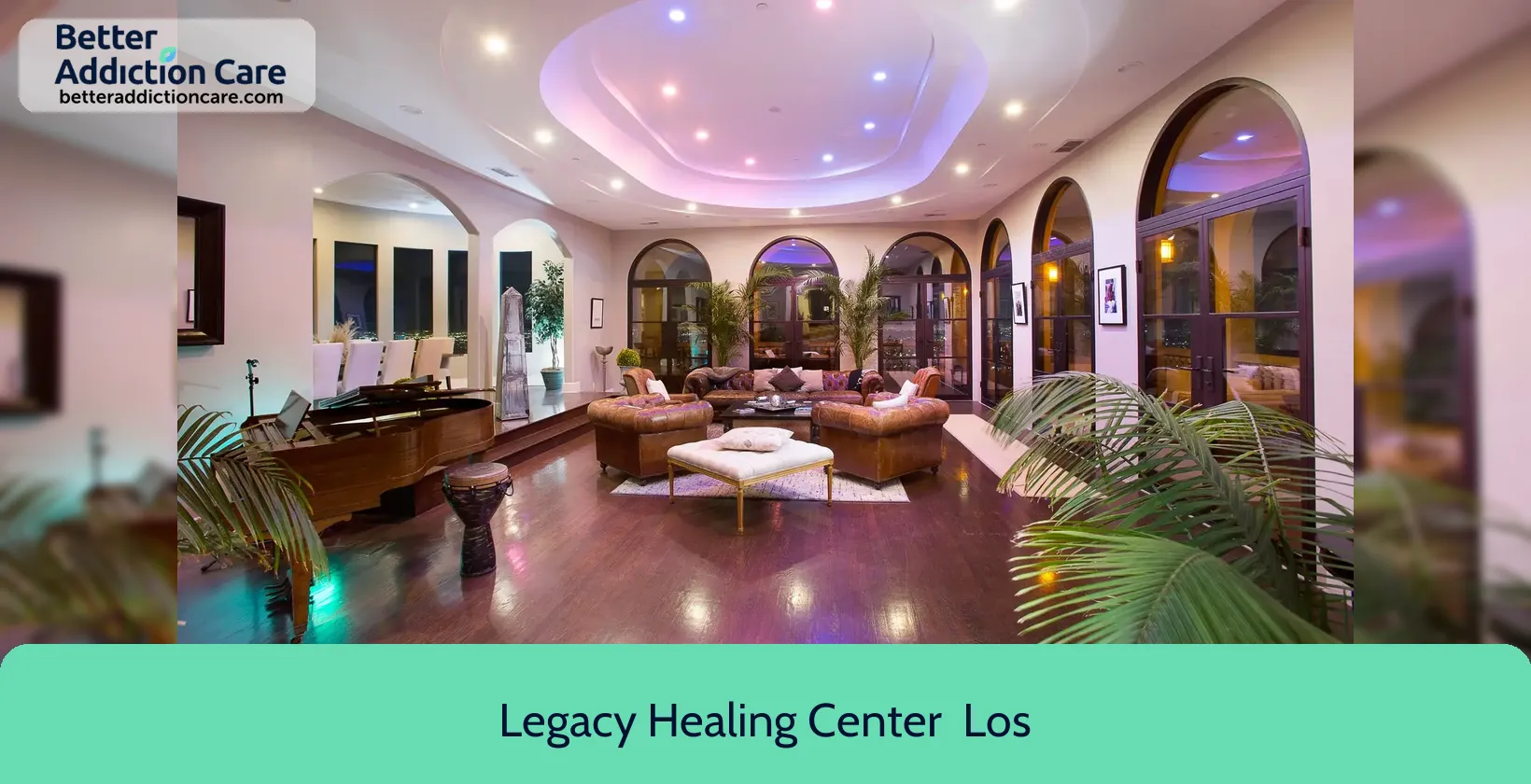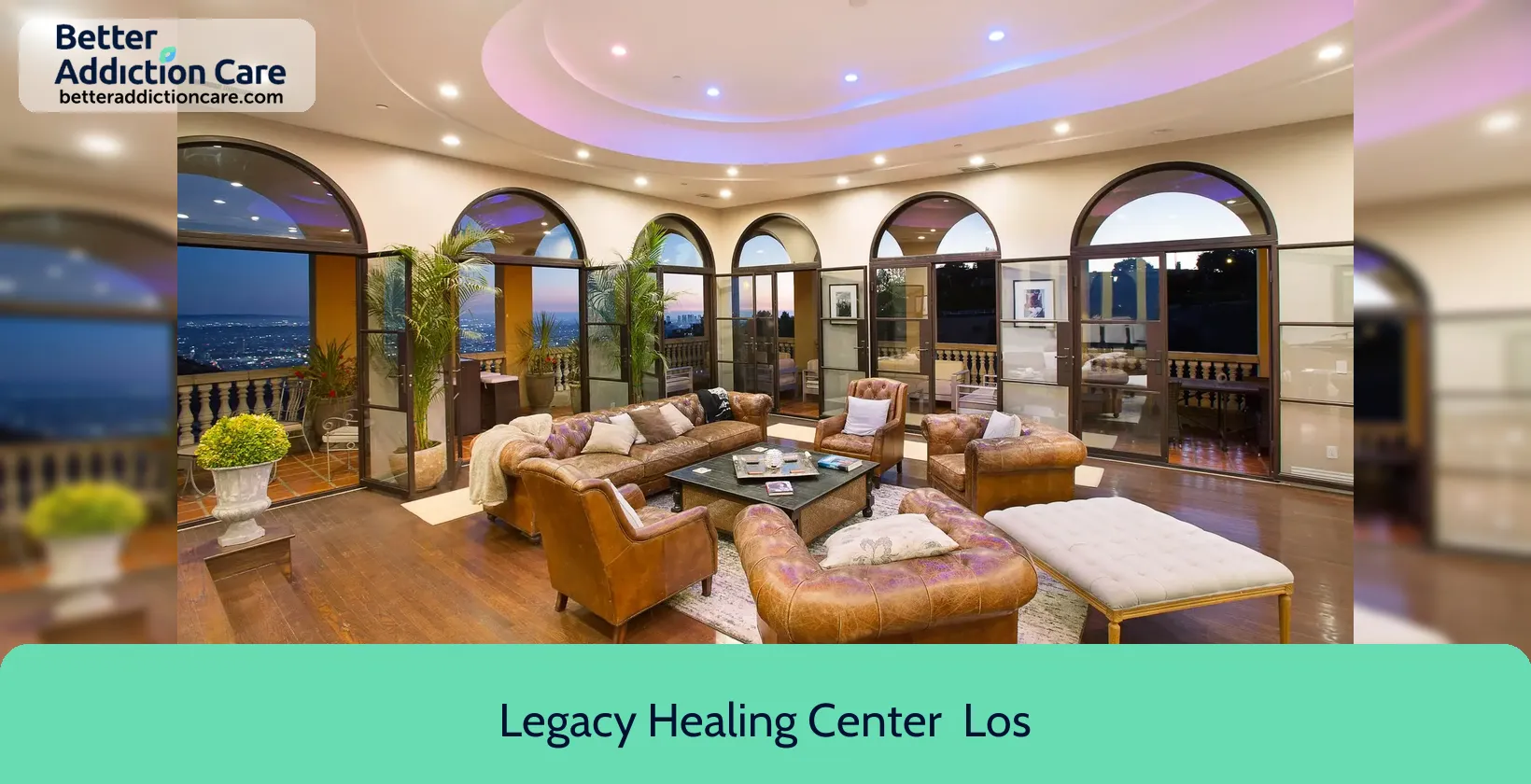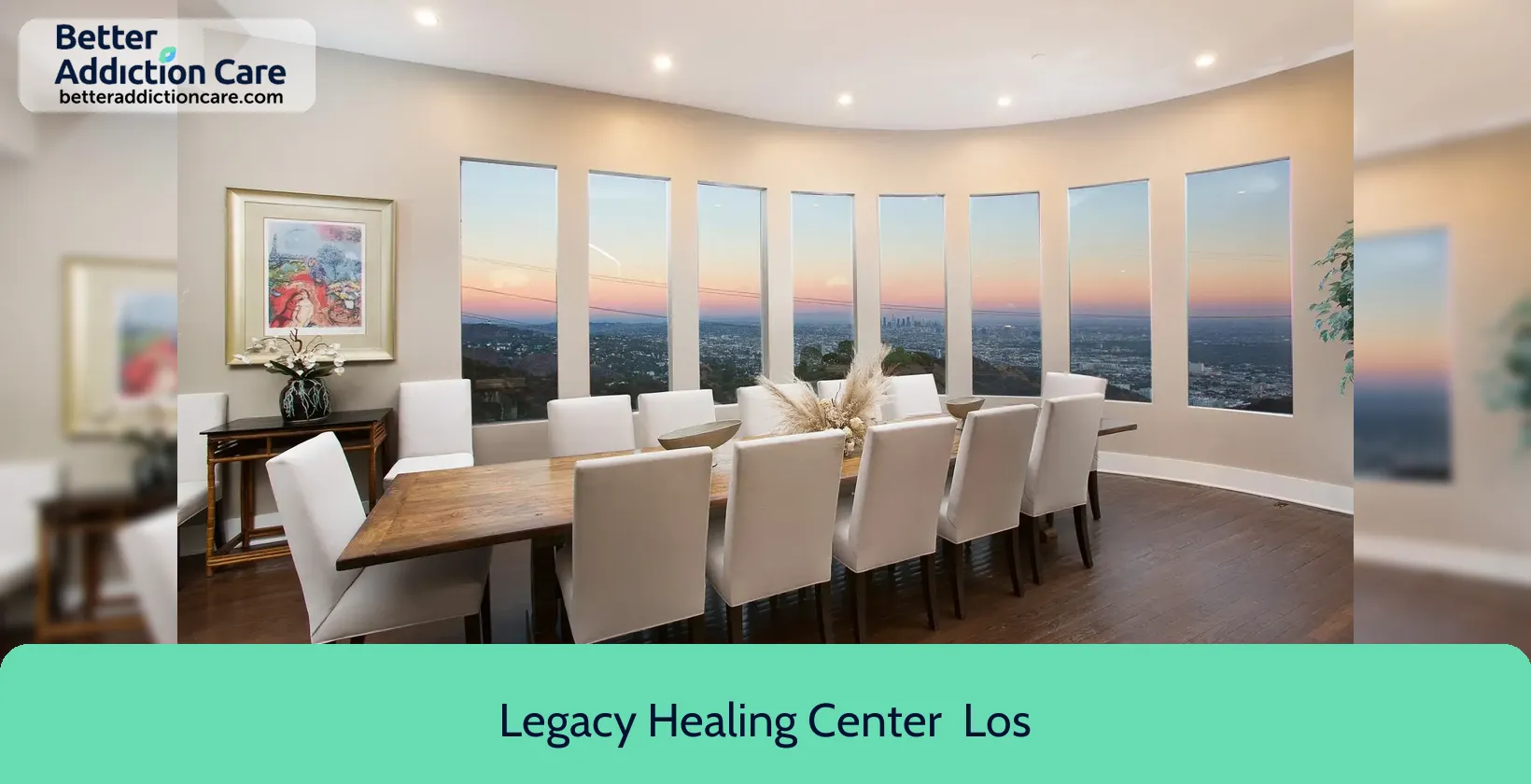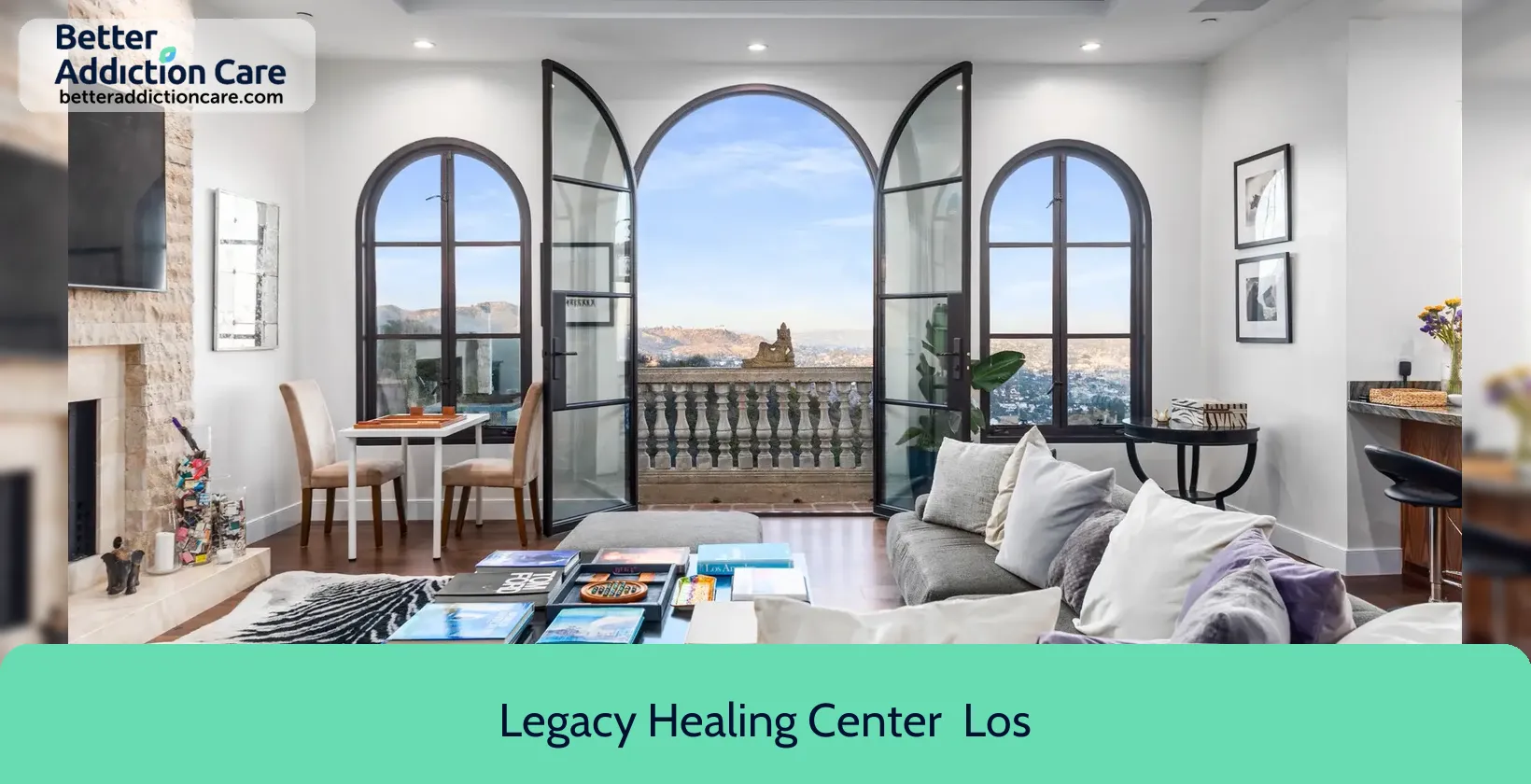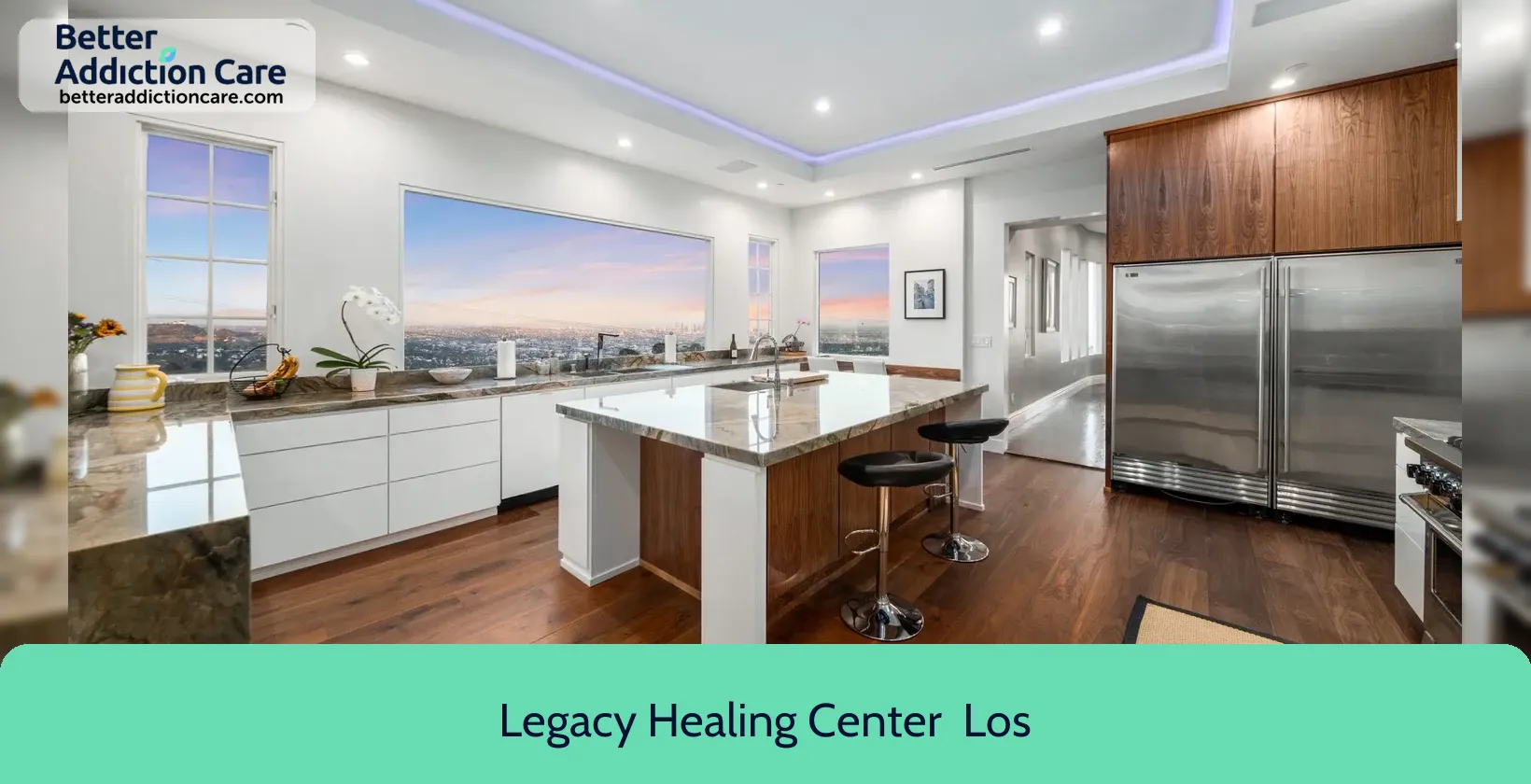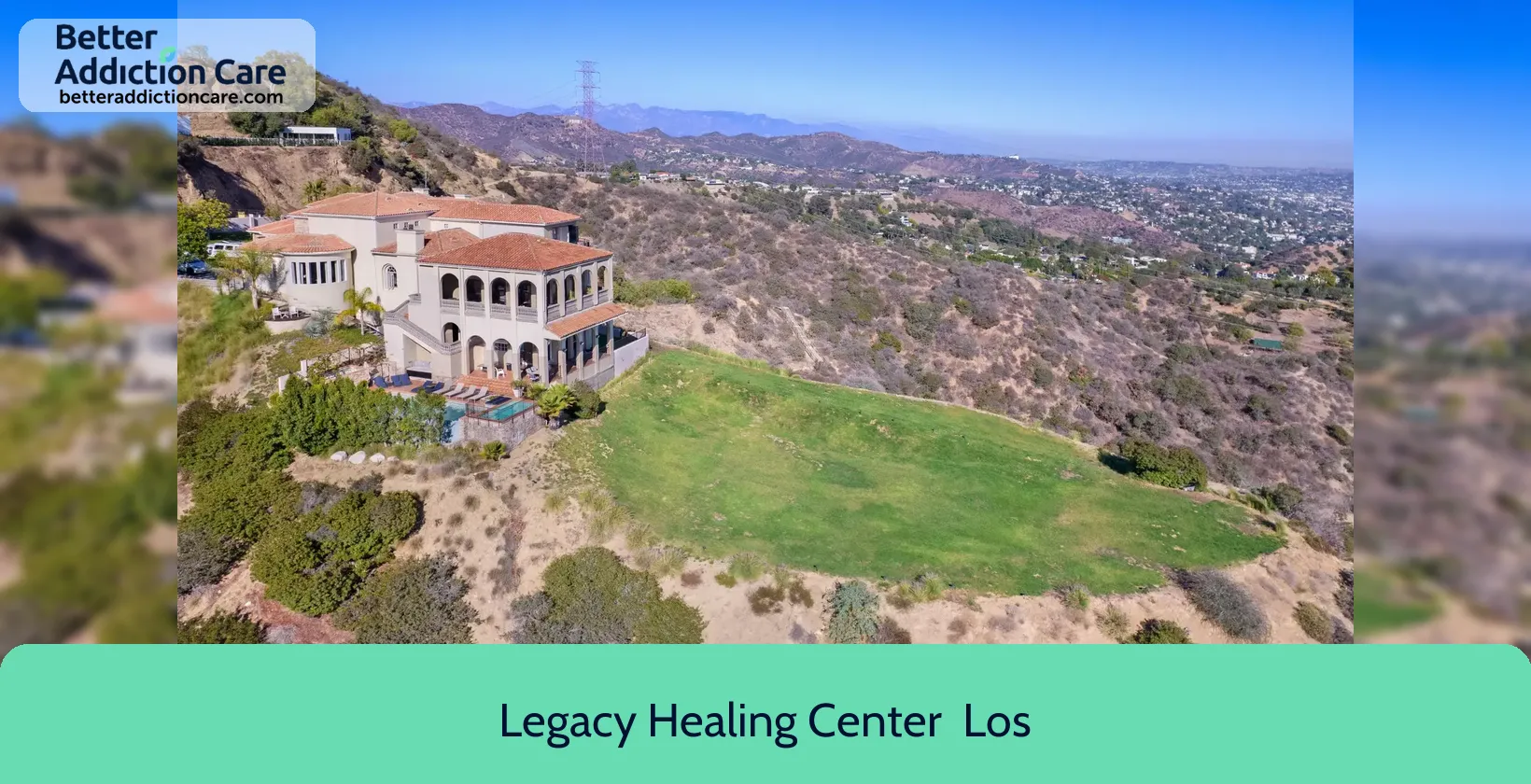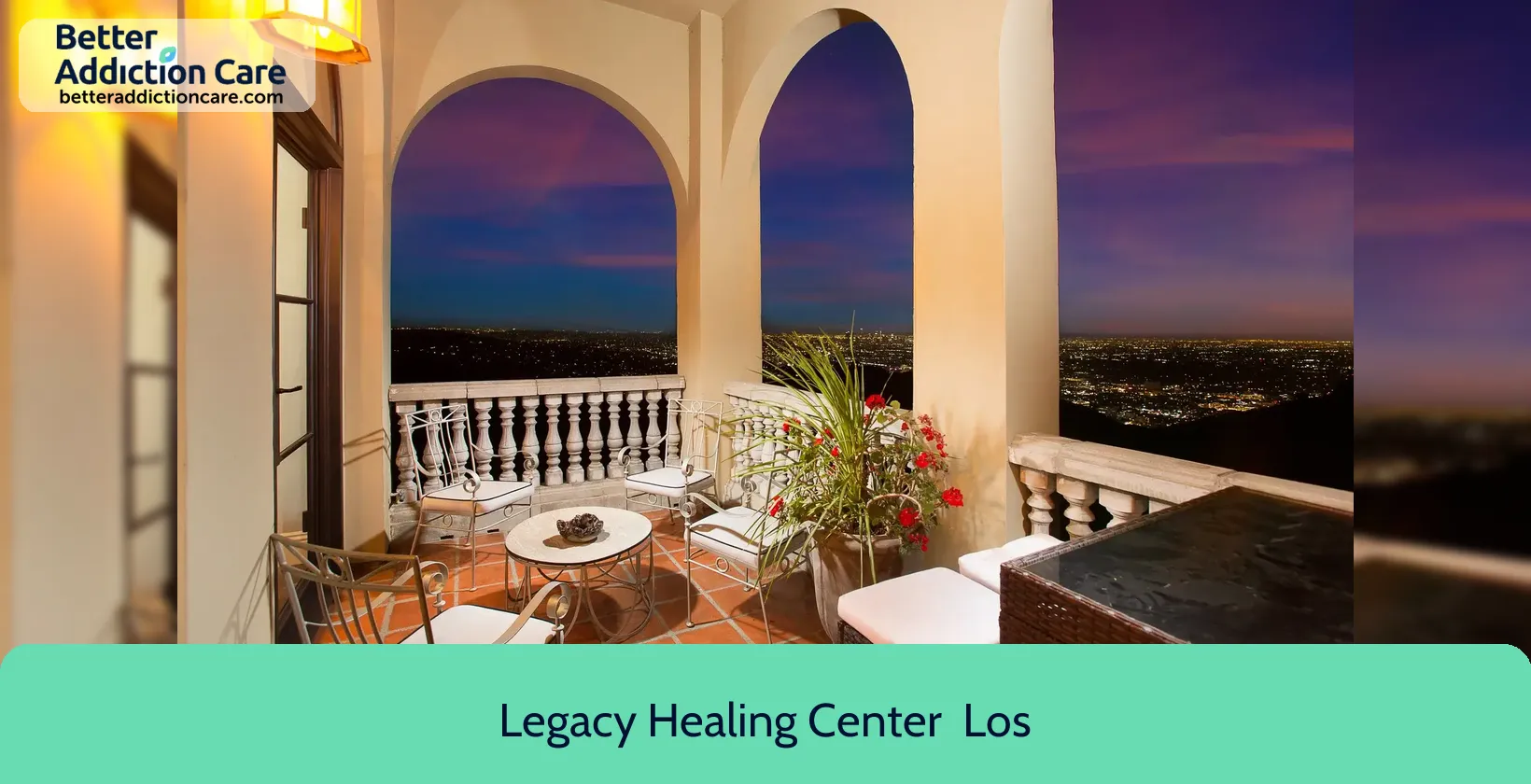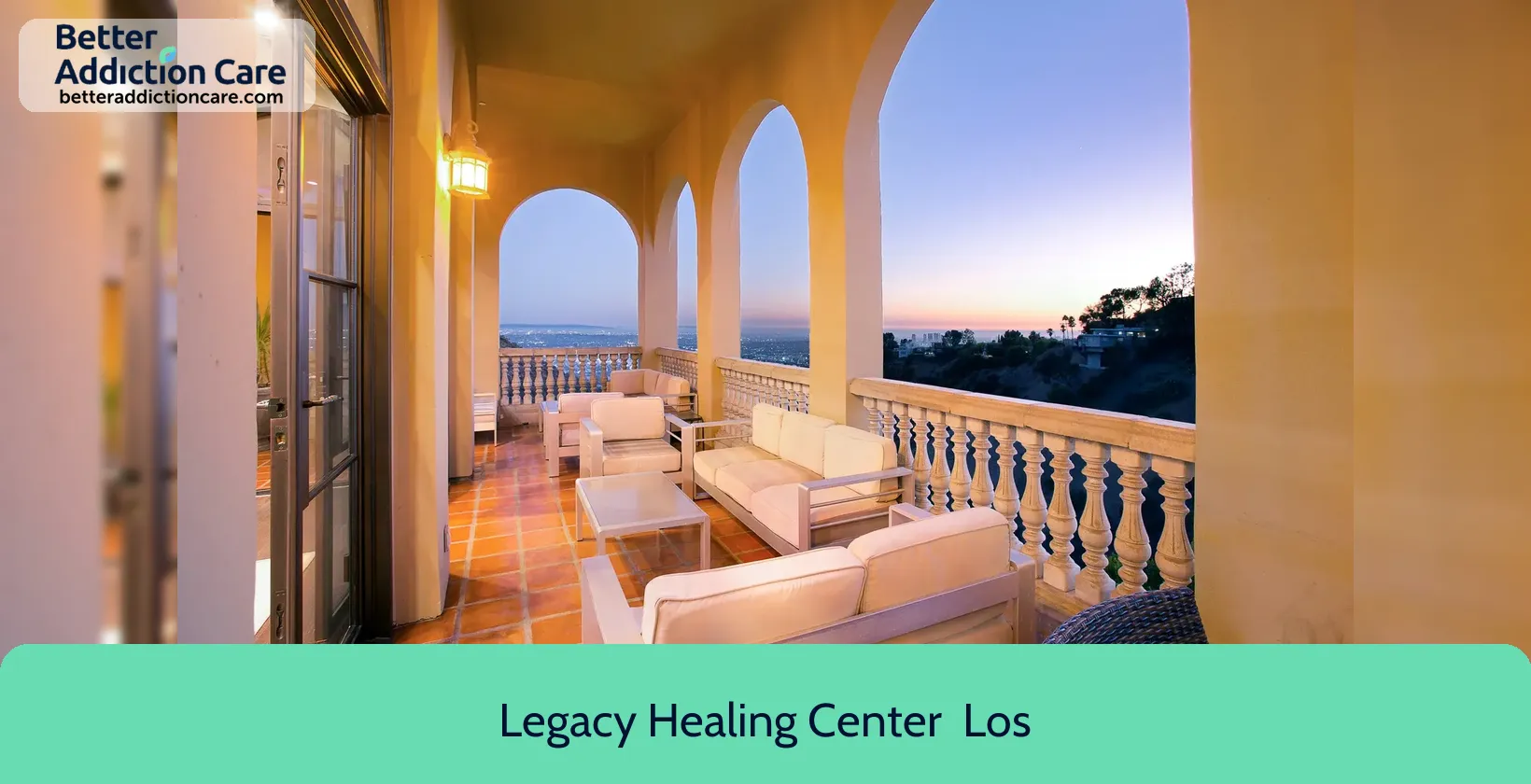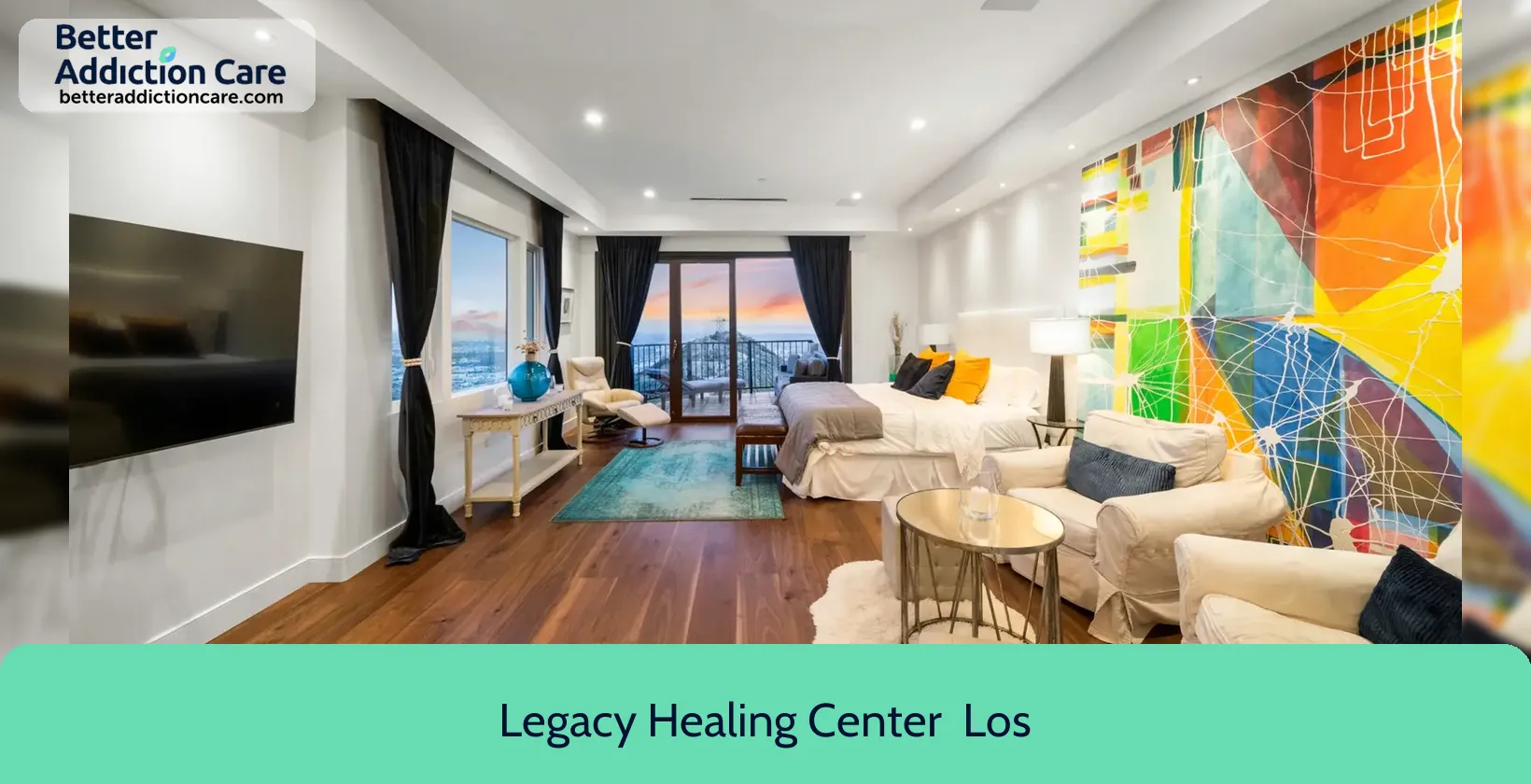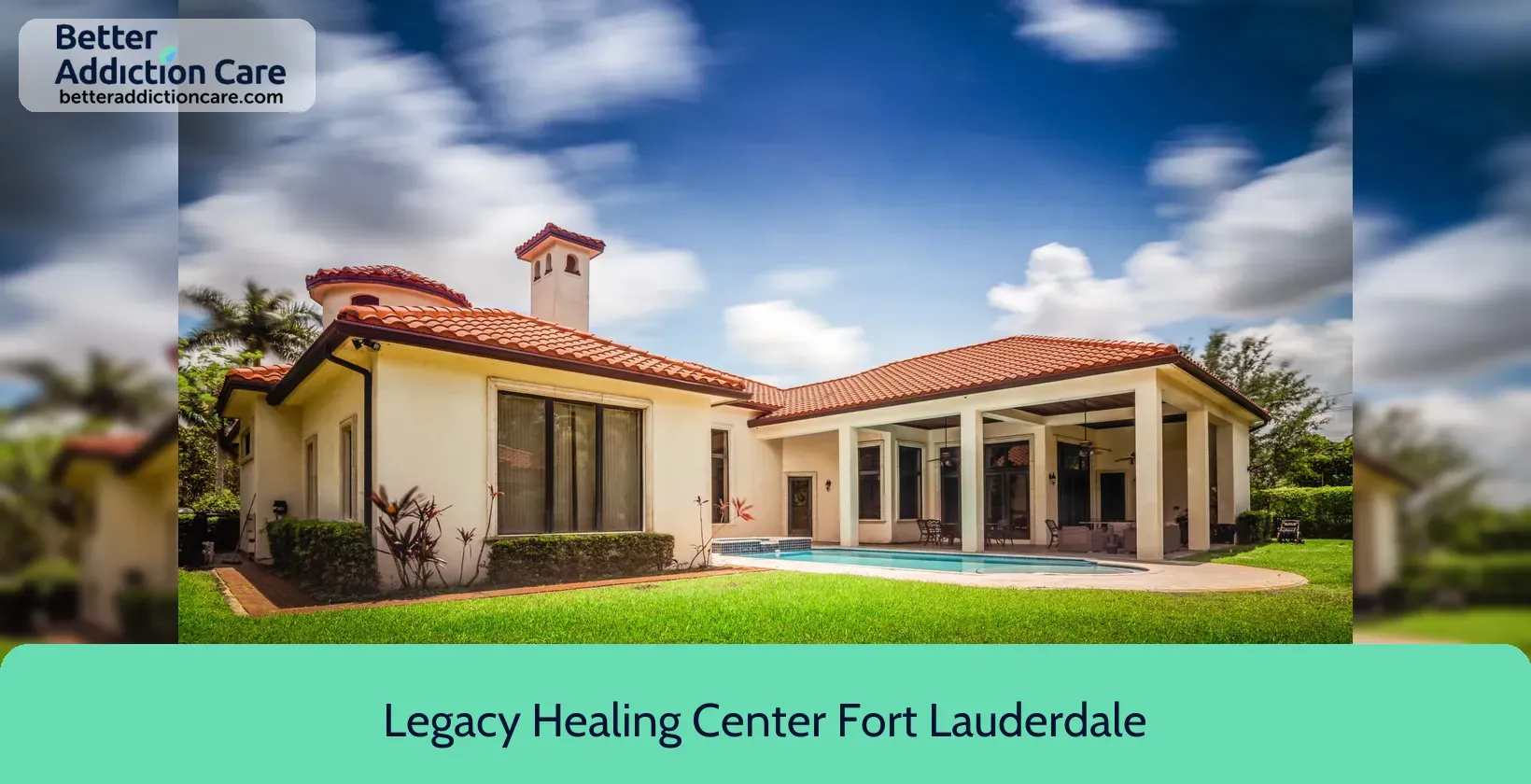Legacy Healing Center - Los Angeles
Overview
Legacy Healing Center Solar Drive is a premier addiction treatment facility that provides personalized, client-centered care for individuals struggling with substance use disorders. The center focuses on tailoring recovery programs to meet each patient’s unique needs, ensuring a comprehensive and effective path to long-term sobriety.
The treatment approach at Legacy Healing Center incorporates both evidence-based therapies and holistic healing practices. Cognitive Behavioral Therapy (CBT) helps patients identify and change harmful thought patterns associated with addiction, while psychodynamic therapy explores past experiences and emotional conflicts that may contribute to substance use. Rapid Resolution Therapy is used to eliminate emotional distress and traumatic memories, and 12-Step facilitation guides patients through structured peer-support recovery programs such as Alcoholics Anonymous (AA) and Narcotics Anonymous (NA). The center also integrates holistic therapies, including yoga, meditation, and acupuncture, to promote mental, emotional, and physical well-being.
Located in the Hollywood Hills, Legacy Healing Center Solar Drive offers a high-end treatment experience in a serene and private setting. Patients receive 24/7 support from psychiatric clinical staff, along with concierge services to meet personal needs throughout their stay. The upscale accommodations are designed for maximum comfort and tranquility, providing a safe space for recovery.
The facility places a strong emphasis on wellness as a key component of addiction treatment. Patients have access to a private chef who prepares gourmet meals tailored to their nutritional needs, as well as IV therapy to support physical health and recovery. Additional wellness services include massage therapy, acupuncture, cupping, and personal training, all aimed at reducing stress and promoting relaxation. Experiential therapies such as hiking on scenic trails, beach excursions, group activities, and personal training sessions further reinforce the center’s holistic approach to healing.
Legacy Healing Center Solar Drive provides medically supervised detoxification for various substances, ensuring a safe and controlled withdrawal process. The detox program covers opioids, alcohol, amphetamines, benzodiazepines, cocaine, crystal meth, and ecstasy. This critical first step in the recovery process is supported by medical professionals who monitor patients around the clock to manage withdrawal symptoms safely.
A full continuum of care is available to support patients through every stage of their recovery. Residential treatment offers intensive, structured care in a live-in setting, while the Partial Hospitalization Program (PHP) provides daytime treatment with medical and therapeutic support. The Intensive Outpatient Program (IOP) allows patients to transition back to daily life with flexible therapy sessions, and the Outpatient Program (OP) provides ongoing support with greater independence. Medication-Assisted Treatment (MAT) is available to help manage withdrawal symptoms and cravings, and aftercare services ensure long-term support to prevent relapse and maintain sobriety.
The facility boasts state-of-the-art amenities to enhance comfort and well-being. Patients can enjoy a swimming pool, jacuzzi, and outdoor recreational areas with scenic views, creating a peaceful environment that supports recovery.
Legacy Healing Center Solar Drive is accredited by the Joint Commission, signifying its commitment to high-quality care and adherence to rigorous clinical standards. The center accepts private insurance, including Aetna, Humana, and BlueCross BlueShield, and offers self-pay options for those without insurance coverage.
The center serves young adults and adults who require professional intervention for substance use and co-occurring mental health disorders. A variety of therapeutic approaches are used to support emotional healing and long-term sobriety, including group counseling for peer support, individual counseling for personalized treatment, and family counseling to help rebuild relationships. Specialized therapies such as Dialectical Behavior Therapy (DBT) help patients develop emotional regulation skills, while Eye Movement Desensitization and Reprocessing (EMDR) is used to address trauma-related issues.
Legacy Healing Center Solar Drive combines luxury, evidence-based care, and holistic healing to provide a comprehensive and individualized recovery experience. The combination of cutting-edge treatment, high-end amenities, and a dedicated clinical team ensures that patients receive the best possible care on their path to sobriety.
Legacy Healing Center - Los Angeles at a Glance
Payment Options
- Private health insurance
- Self-pay options
- Aetna
- Humana
- Bluecross Blueshield
Age Groups
- Young adults
- Adult program
Ancillary Services
- Acupuncture
Operation
- Private for-profit organization
Highlights About Legacy Healing Center - Los Angeles
6.81/10
With an overall rating of 6.81/10, this facility has following balanced range of services. Alcohol Rehabilitation: 8.00/10, Drug Rehab and Detox: 6.00/10, Insurance and Payments: 6.27/10, Treatment Options: 6.97/10.-
Alcohol Rehabilitation 8.00
-
Treatment Options 6.97
-
Insurance and Payments 6.27
-
Drug Rehab and Detox 6.00
Accreditations
The Joint Commission:

The Joint Commission's addiction and behavioral health accreditation signifies a facility's commitment to high-quality care. It involves rigorous evaluations and assessments of clinical practices, ensuring effective, evidence-based treatment. Accreditation showcases a dedication to continuous improvement and patient safety, instilling trust among patients, families, and healthcare professionals. It's a mark of excellence in addiction and behavioral health care.
Treatment At Legacy Healing Center - Los Angeles
Treatment Conditions
- Alcoholism
- Substance use treatment
- Co-occurring Disorders
- Opioid Treatement
Care Levels
- Luxury Treatment
- Long-term residential
- Aftercare
- Hospital inpatient treatment
Treatment Modalities
- Group counseling
- Individual counseling
- Family counseling
- Dialectical behavior therapy
- Eye Movement Desensitization and Reprocessing therapy

Additional Locations
Get Help Now
Common Questions About Legacy Healing Center - Los Angeles
Contact Information
Other Facilities in Los Angeles
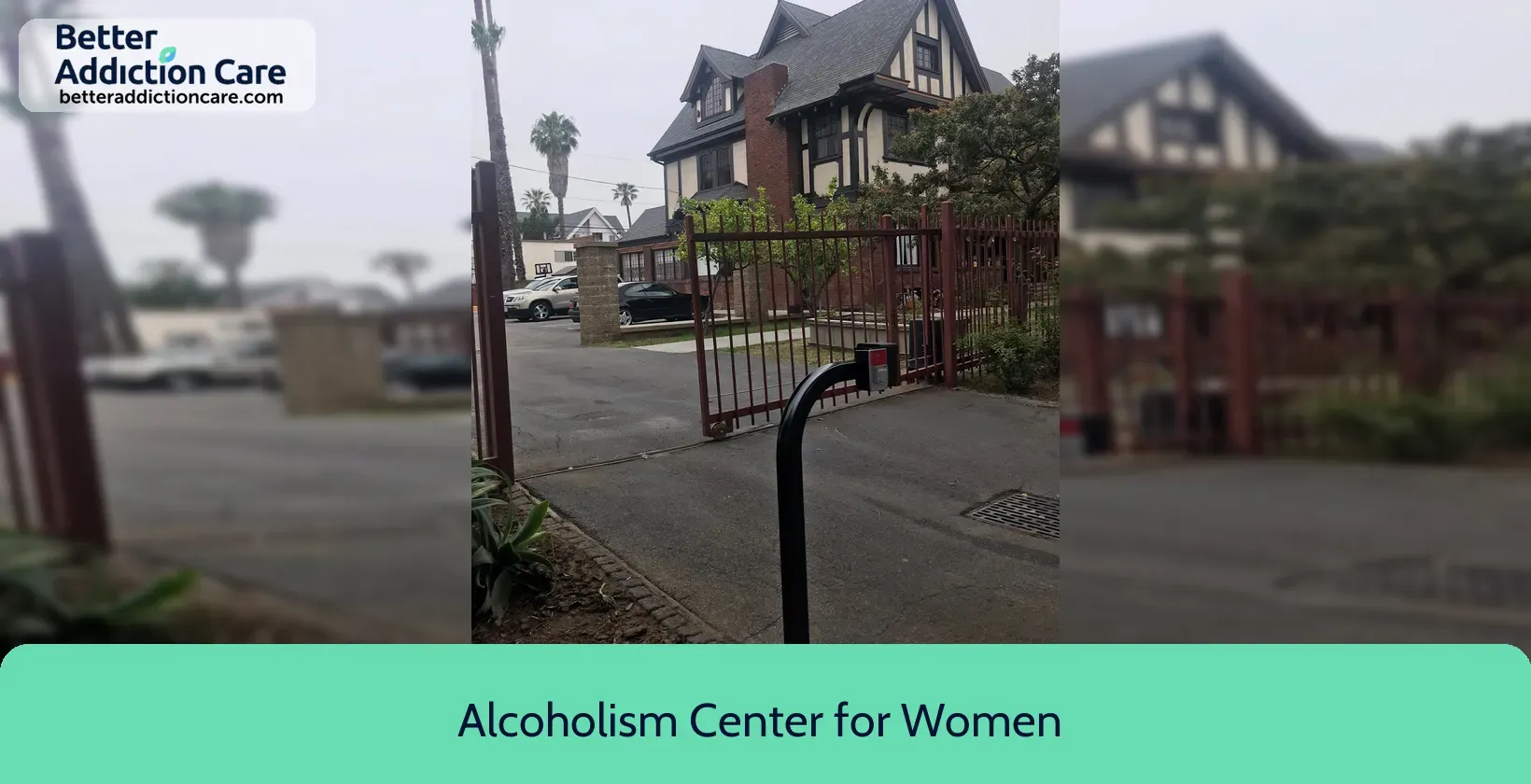
6.91
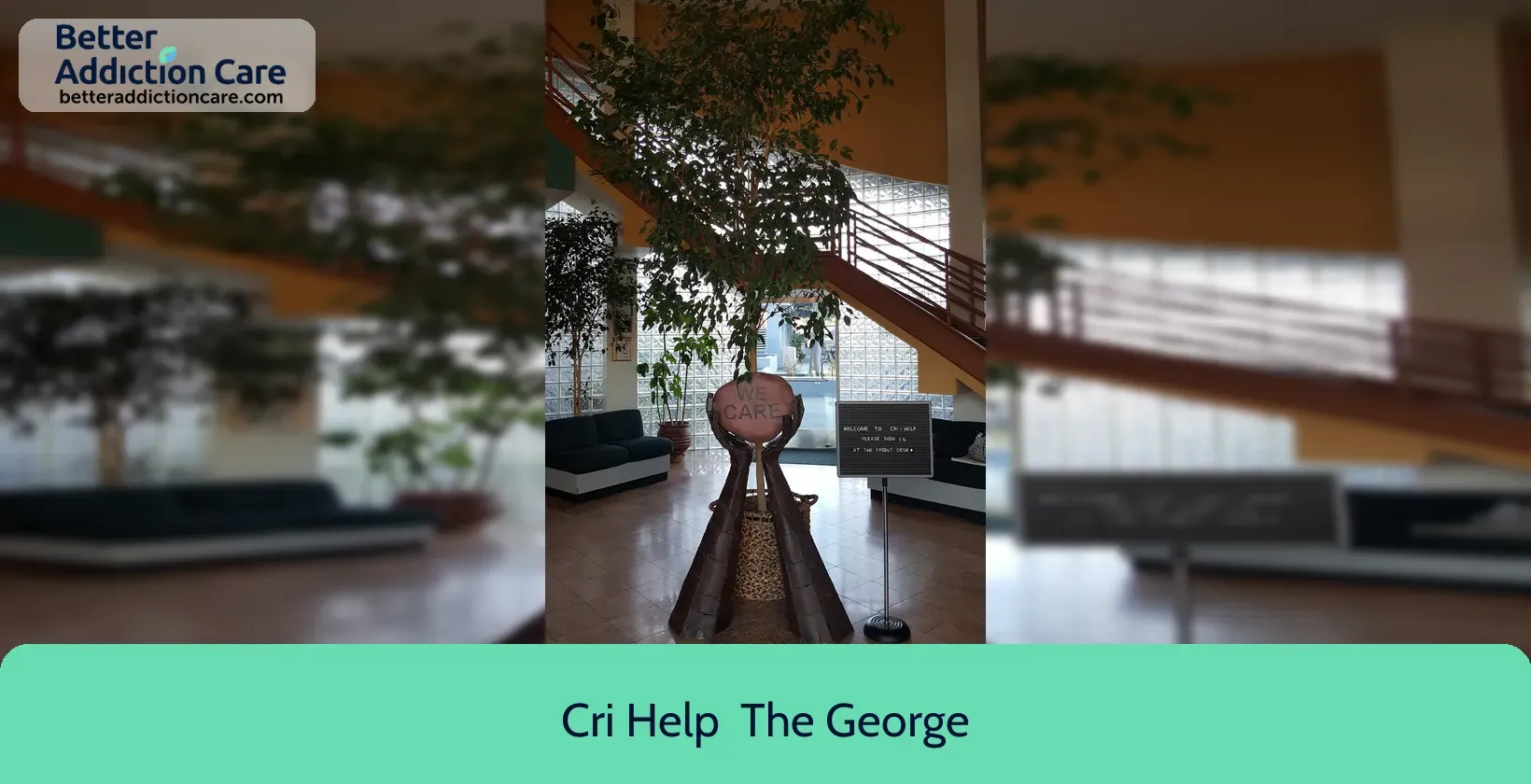
6.95

6.91
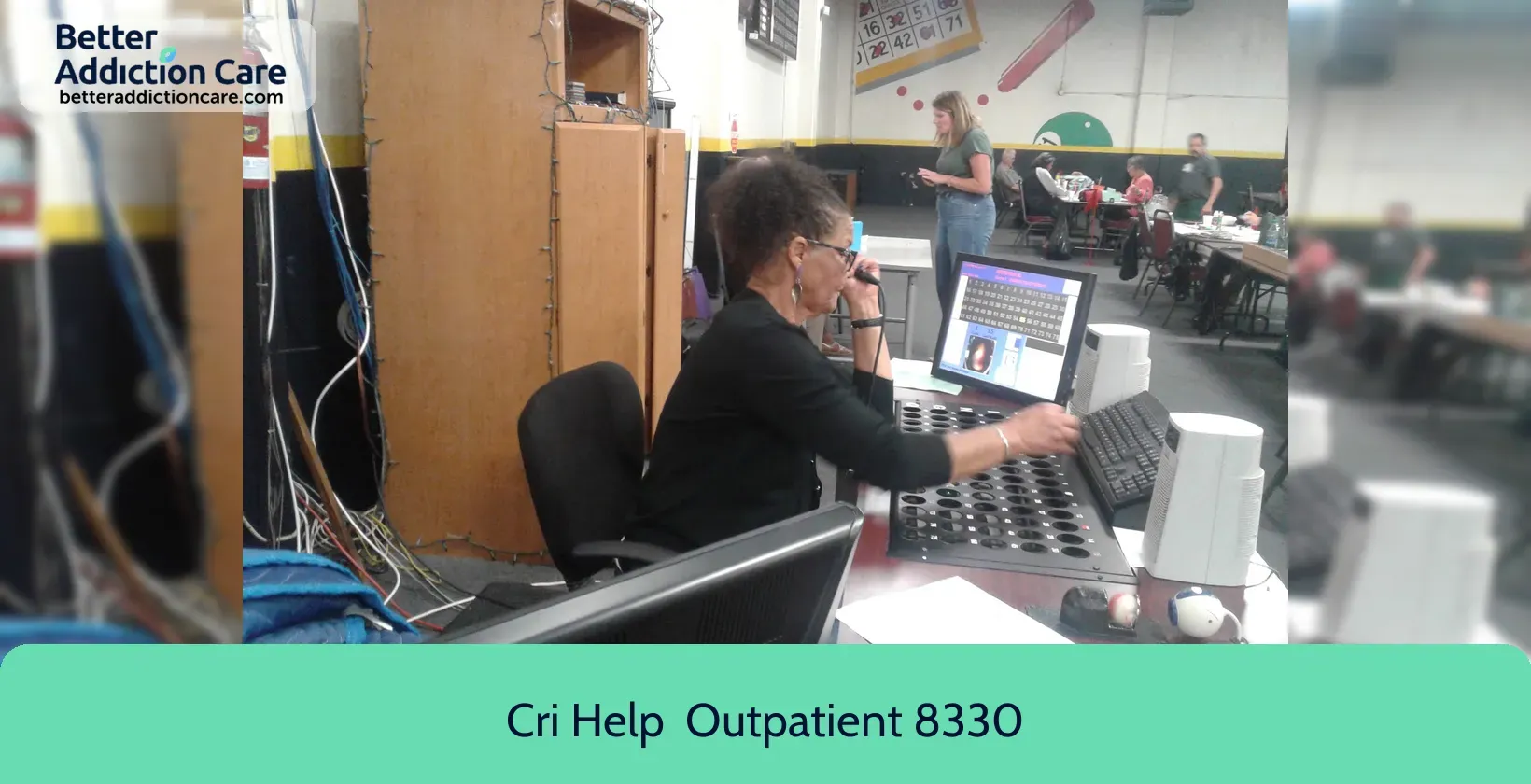
6.85
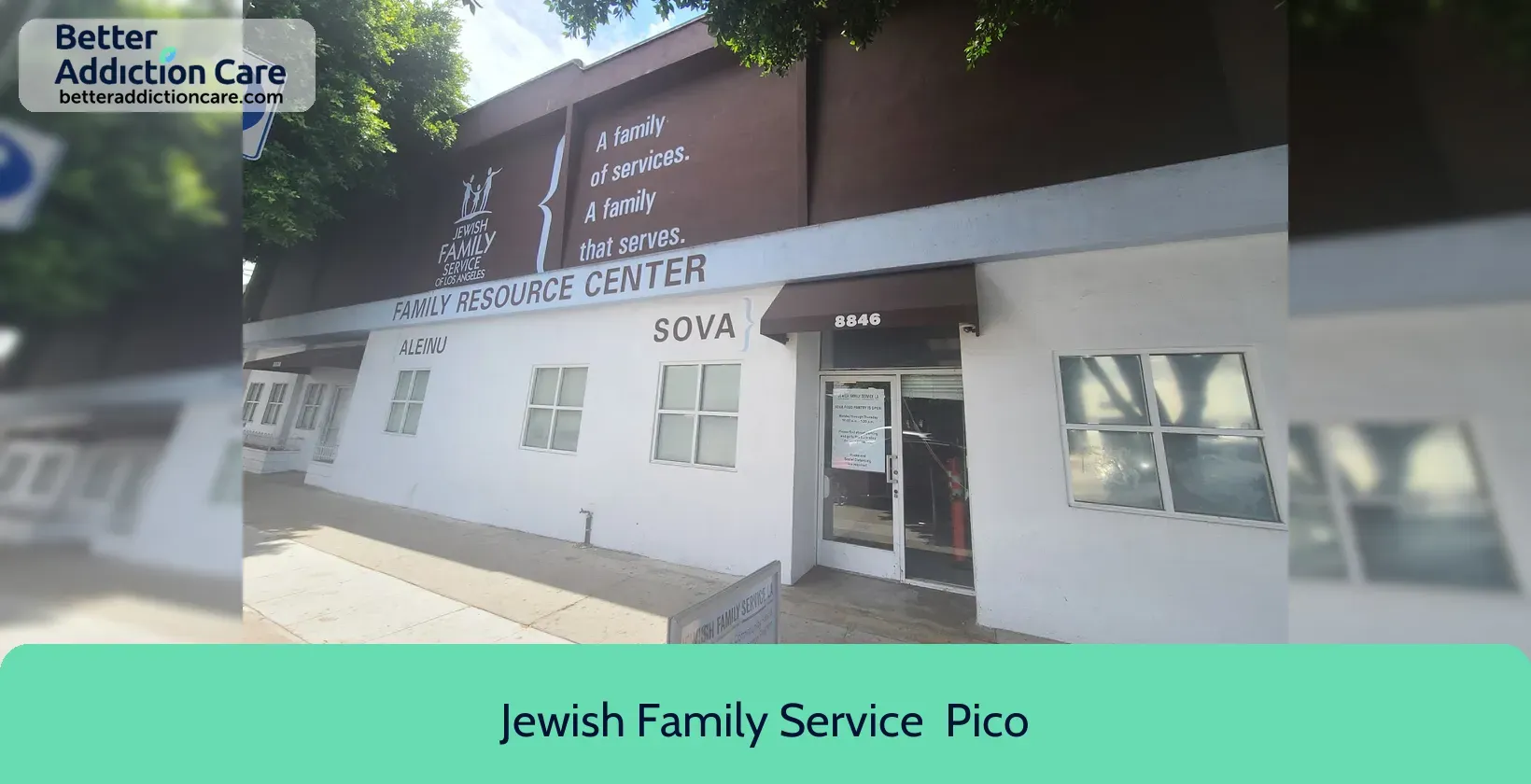
6.94
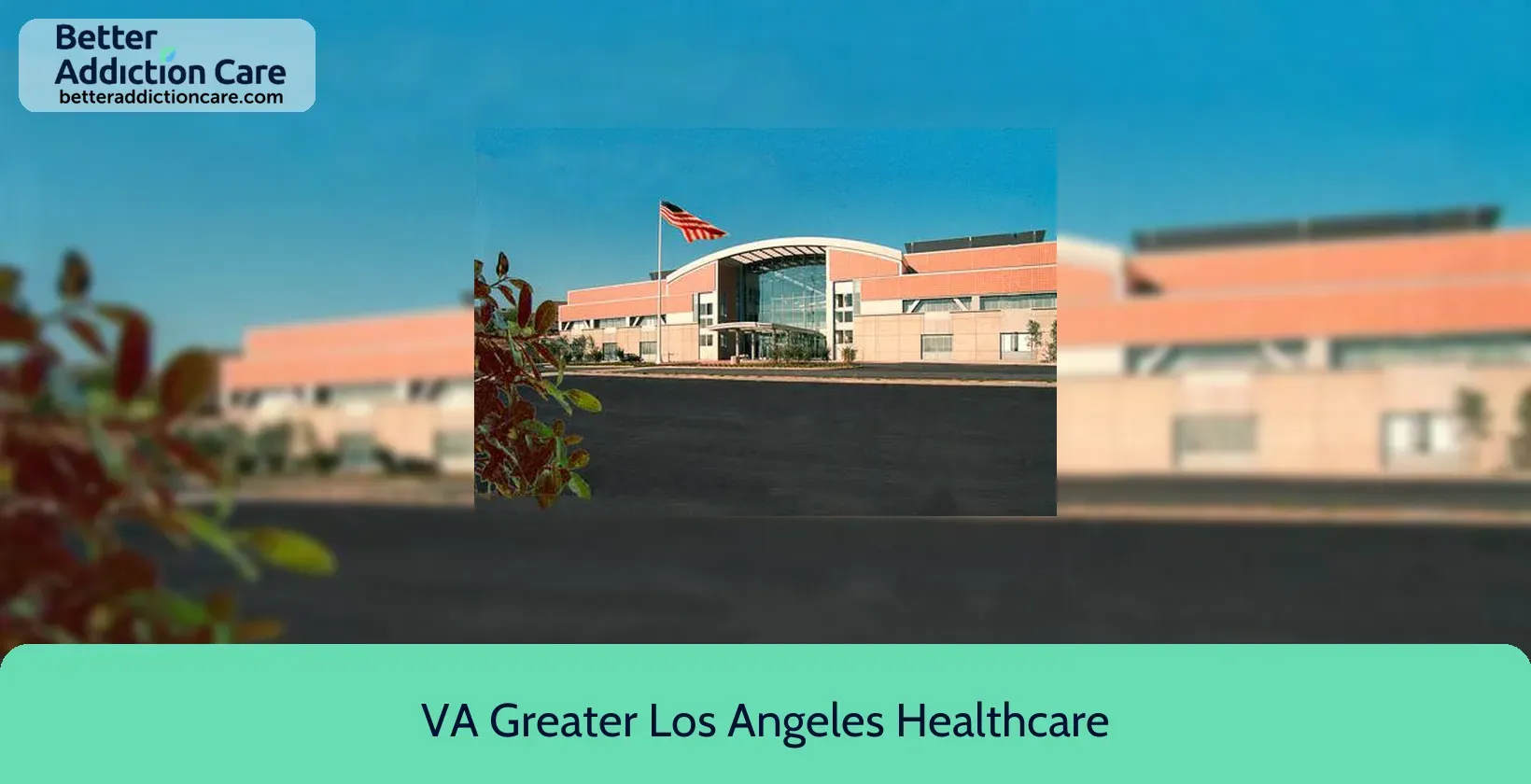
7.34
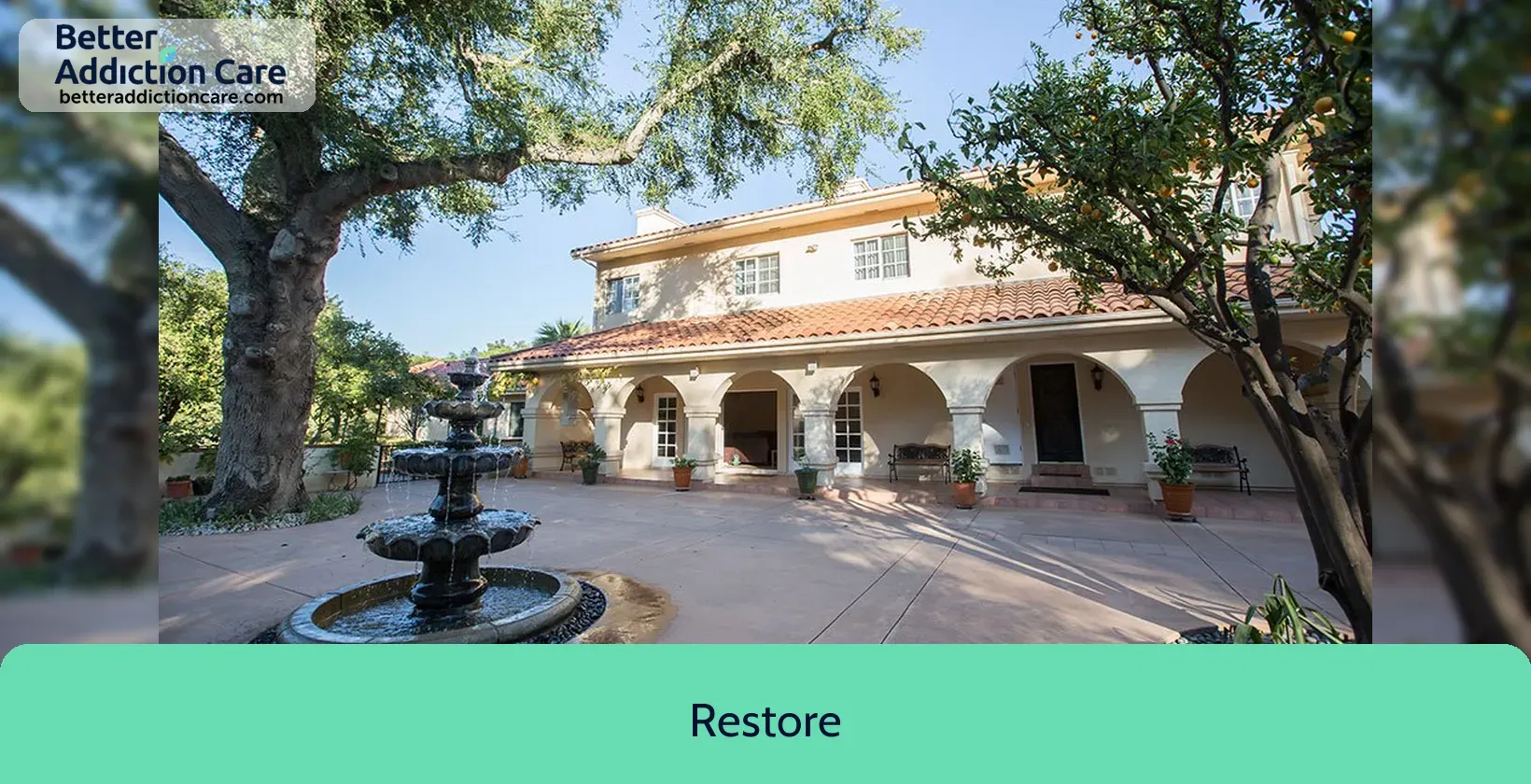
7.09
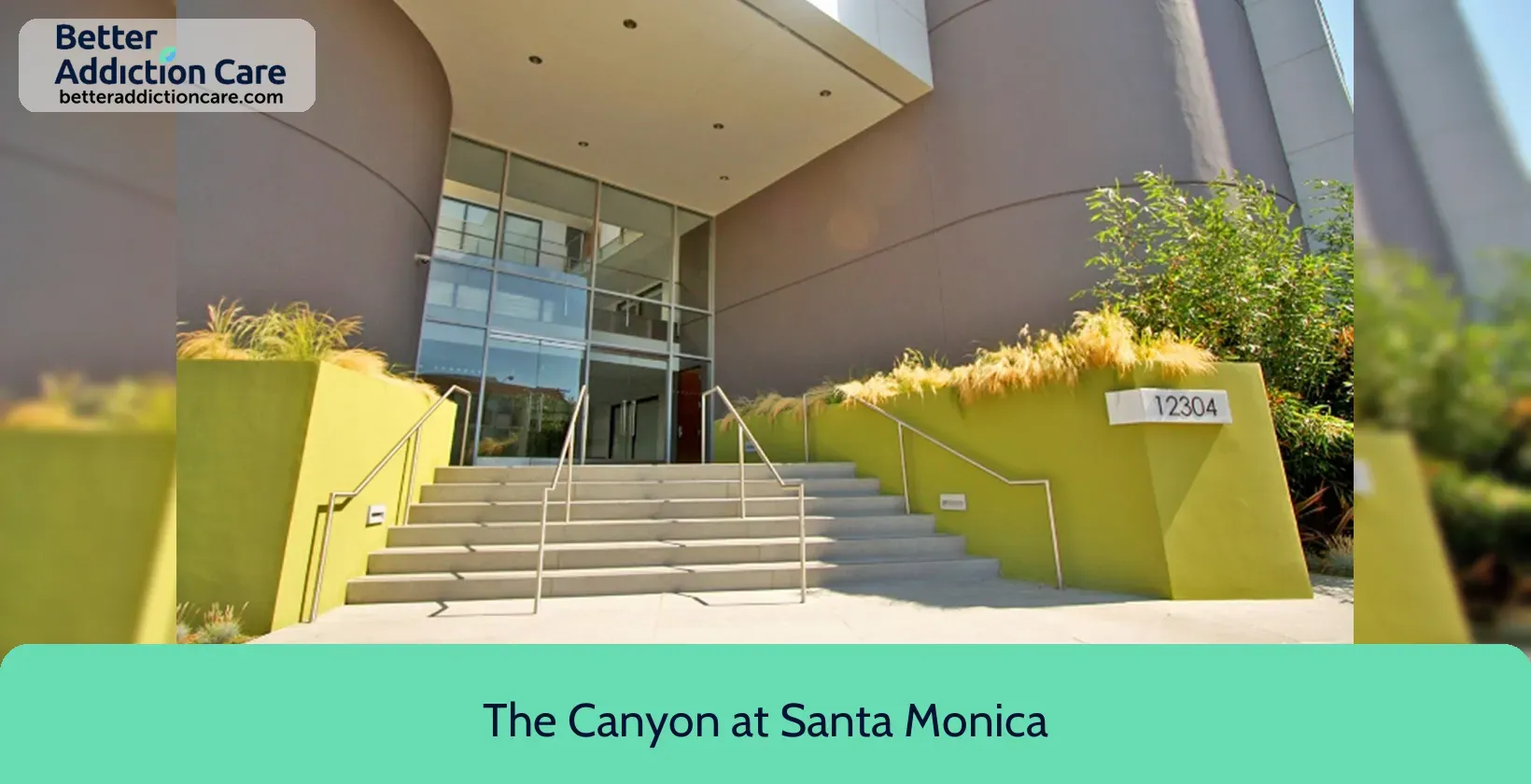
7.17
DISCLAIMER: The facility name, logo and brand are the property and registered trademarks of The Canyon at Santa Monica, and are being used for identification and informational purposes only. Use of these names, logos and brands shall not imply endorsement. BetterAddictionCare.com is not affiliated with or sponsored by The Canyon at Santa Monica.

